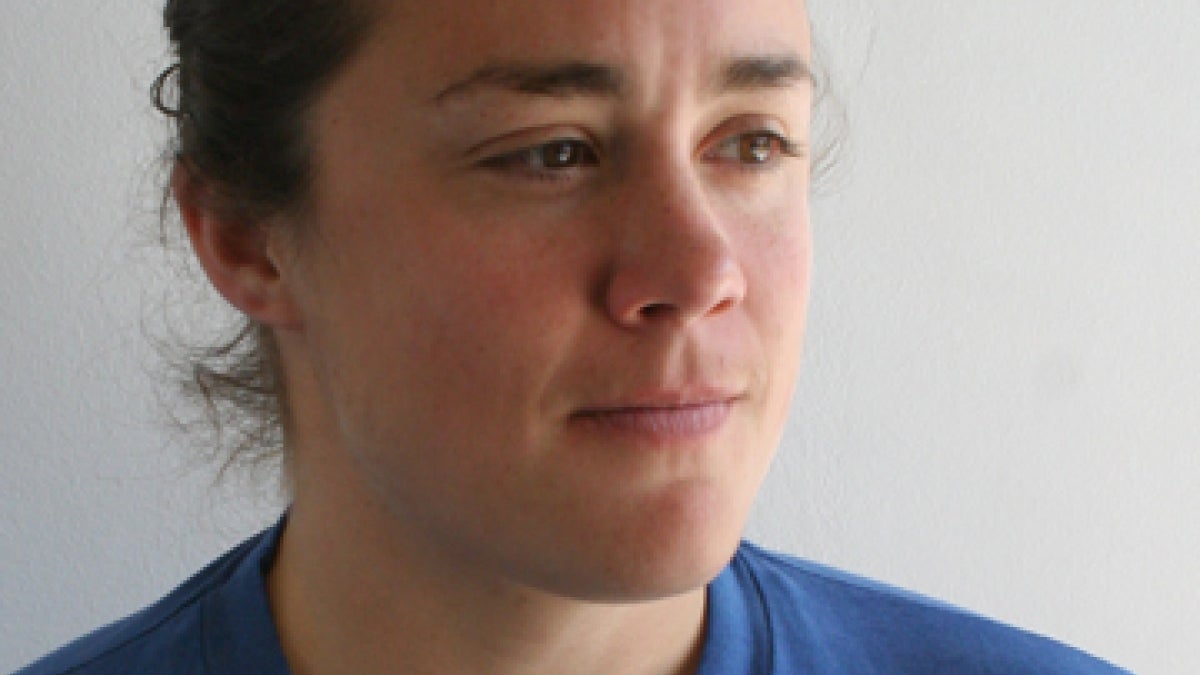Biochemistry grad pursues alternative energy sources

As she graduates with a doctorate in biochemistry, Chelsea McIntosh says she came to ASU because of the university’s emphasis on photosynthesis and solar energy research.
Her desire to pursue alternative energy sources has resulted in significant research and opportunities to excel at ASU. As a Science Foundation Arizona (SFAz) Graduate Research Fellow, McIntosh was part of a research project working to develop a sustainable catalyst for use in hydrogen energy. Hydrogen shows promise as a renewable fuel for the future and one of the long-term solutions to our dependence on fossil fuels.
Being a woman in science can still be challenging, says McIntosh. “I have had to overcome many doubts in myself and my abilities to get to this day, and even now I still have a long trek ahead.”
“Graduation is the completion of my formal education and training,” she continues. “Though in some ways I will always be a student, I have become competent enough in my field that my teachers now consider me their peers. It's a pretty cool feeling.”
In addition to becoming an accomplished research scientist, McIntosh notes that the well-rounded education she received at ASU included learning how to effectively communicate the need for scientific research to the general public.
As a member of the first cohort of SFAz Graduate Research Fellows, she helped develop the ASU Citizen Scientist-Engineer program for students in the Kyrene School District. The educational project, funded by Science Foundation Arizona, seeks to make science, technology and engineering relevant to K-12 students and help prepare them for 21st century jobs.
Doctoral students, who teach side-by-side with middle school teachers, learn to be citizen scientist-engineers who can effectively communicate their science and engineering knowledge and research to K-12 students, their families and their communities.
“I collaboratively designed hands-on learning activities for middle school students that focused on energy and sustainability,” says McIntosh. "I really enjoyed my time in the program and my interaction with the students, especially in introducing them to our current and future energy sources.”
McIntosh has previously earned a bachelor’s degree in biochemistry from the University of Oklahoma. She will receive her doctorate in biochemistry on May 2 from ASU’s Department of Chemistry and Biochemistry, in the College of Liberal Arts and Sciences.
She has accepted a postdoctoral position at Washington University in St. Louis. In the future, she plans to teach biochemistry at a college or university.